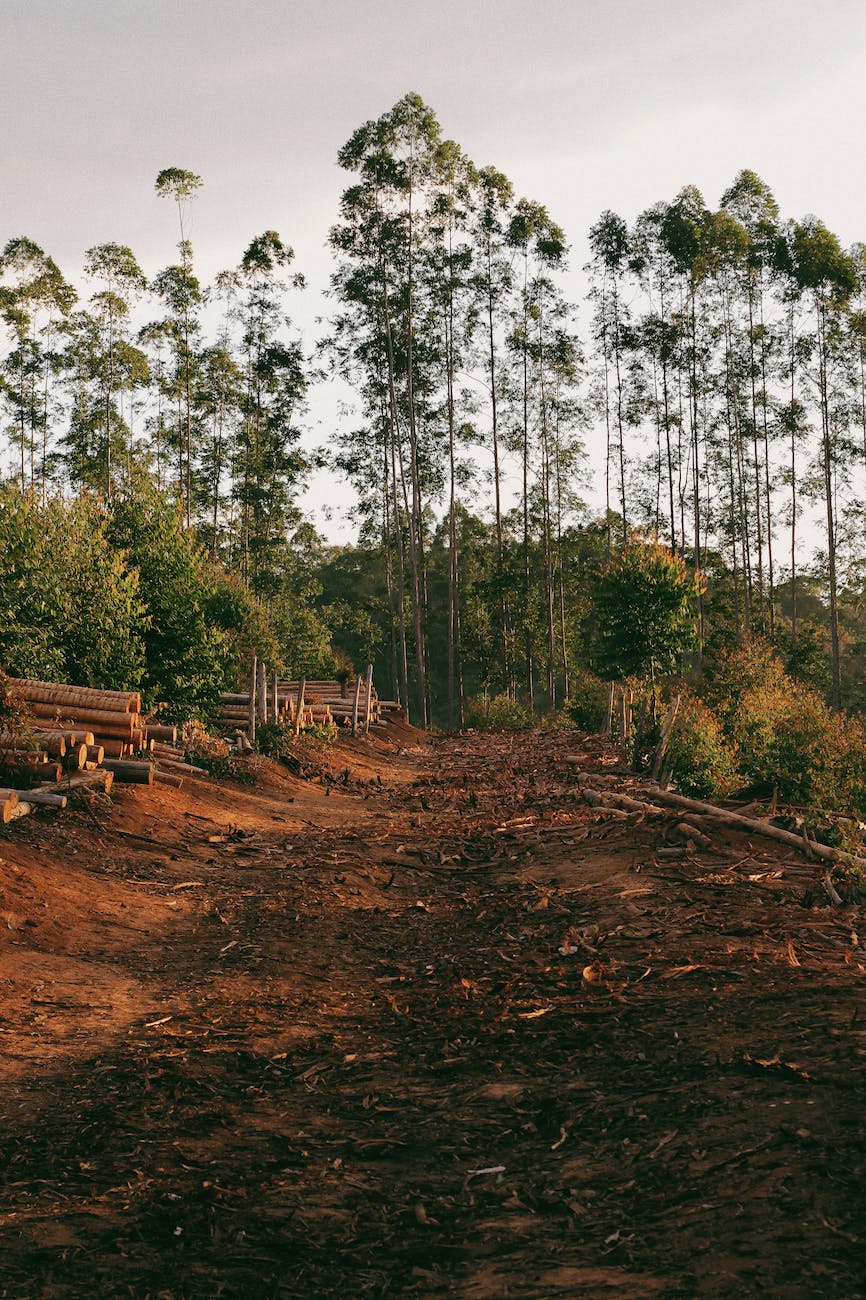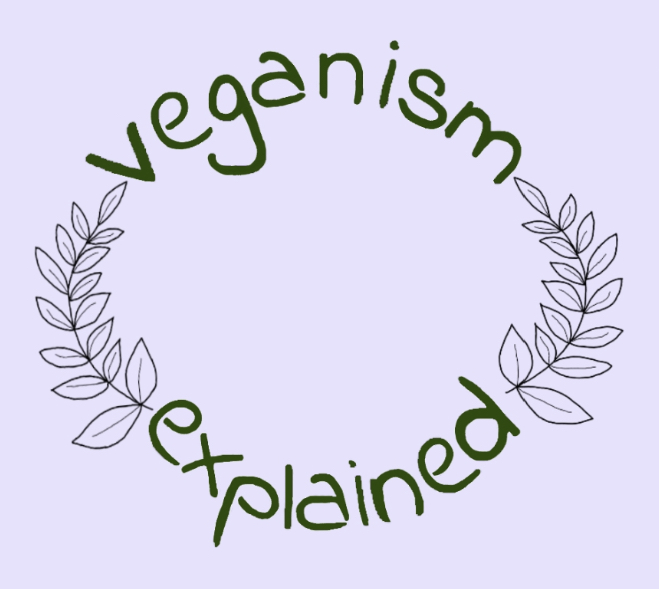The ice caps are melting. Polar bears are drowning. Forests are catching fire, killing wildlife and polluting the air we breathe. The tragedies resulting from human behavior are seemingly endless—and yet there’s one solution backed by so much research that nobody ever really talks about.
Environmental Benefits of Veganism
There are so many ways that a plant-based diet helps the planet. One environmental expert called veganism the “single biggest way to reduce your impact on planet Earth.” Below are just six of the environmental benefits of adopting a vegan lifestyle.
1. Veganism helps reverse climate change
One of the most prominent issues related to climate change is the pollution of the Earth’s atmosphere with gases like carbon dioxide and methane. 32% of human-caused methane emissions come from livestock digestion and waste, and methane is eighty times as powerful as carbon dioxide at trapping heat in the atmosphere. Yep, you read that right—not eight, but eighty. And about 36% of human-caused methane emissions come from animal agriculture! That means animal farming is responsible for more methane pollution than oil, gas, and coal combined.

A vegan world would result in a cooler, healthier planet, as plants don’t produce methane—and they even use carbon dioxide by converting it into oxygen, so replacing animal farming with plant farming would be a huge step toward solving our climate crisis. Even just one individual’s choice to eat plants rather than animal products saves 20 lbs of carbon dioxide per day from being released into the atmosphere.
2. A plant-based diet uses much less land
Currently, ⅓ of the Earth’s land mass is used for agriculture. This is true because animals on family farms typically use a good amount of space, and because so many crops are grown just to feed animals raised for food. A common misconception is that a vegan world will require more land for plant farming, but that’s a myth: eating plants directly, rather than eating animals who were fed those plants, requires way less land—115 million acres less, in fact.
This is because far fewer plants would need to be grown if we ate them directly rather than feeding them to animals we eat. The amount of feed needed to farm the 60-245 billion (or more) animals on farms right now is way, way more than we would need to feed the 7.8 billion people on the planet. If we stopped farming animals, we could easily feed everyone in the world with far less land and fewer crops.
3. Veganism means cleaner oceans
Plastic and other manmade materials in the oceans are a growing cause of concern in regards to climate change and environmental pollution. In fact, there’s a mound of trash in the Pacific that’s so large, many have been calling it a seventh continent. This mound is known as the Great Pacific Garbage Patch.
A recent study found that 75-86% of this “patch” comes from disposed fishing gear. This means fish consumption and the fishing industry are responsible for at least three quarters of that massive collection of plastics and other trash in the ocean, killing thousands of marine animals every single year and contaminating the waters. (And those plastic straws you’ve been avoiding? Those make up less than 1% of the plastic in this mound.)
4. Plant-based saves water
The sheer amount of water we use as humans is an issue of growing concern, and for good reason: the EPA says the average American family uses 300 gallons of water per day at home. That’s not including water used while at work, school, and other places—or water used indirectly, such as when we buy meat from farms that use massive amounts of water each day.
So far this year alone, more than two quintillion (2,000,000,000,000,000,000) liters of water have been used by humans. That’s an unfathomable number that will probably be at least doubled by the end of 2023. And agriculture accounts for 70% of it! 41% of that water for agriculture is used for growing livestock feed—and keep in mind, that figure doesn’t even include water used to grow feed for all the other species of farmed animals, or even the water that’s given directly to animals for drinking, used in farms for cleaning, and more. According to the United Nations, beef production uses a staggering amount of water—way more than any other major food source.
5. Plant farming means cleaner waterways
46% of waterways in the United States are polluted with nutrients. A major source of this is runoff from farms, which contains fecal matter, chemicals, and lots of other things we don’t want in our water. This pollution kills marine animals and makes the water unsafe for human and animal consumption.
6. Going vegan helps the deforestation problem

90% of deforestation globally is a direct result of farmland expansion. Clearing land for farmed animals to graze accounts for 40% of this deforestation. Grazing alone is responsible for so much destruction and habitat loss!
Further, more than half of all deforestation happens to turn forests into land for crop farming, and a huge amount of these crops are animal feed. Considering that most crops we grow are fed to farmed animals, this means more than half, if not most, of agriculture-caused deforestation is attributable to animal farming. For example, soy is a major source of deforestation, and 90% of the soy we grow is used to feed farmed animals.
In addition to protecting natural land, preventing deforestation also helps preserve habitats and prevent species extinction. It is believed that around 150,000 species of animals have been driven extinct due to deforestation.
What Can I Do to Reduce My Impact?
The answer is probably obvious: go vegan! If you’re already vegan or are looking to make a bigger difference, engaging in activism alone or with organizations is a great way to make a huge impact for the planet—and you’ll learn lots and meet great people along the way!
Want more information like this sent straight to your inbox? Click that Subscribe button at the bottom of the page! I promise not to share your email address or send you spam. You can also find the official Veganism Explained Twitter and Instagram accounts below.


Leave a comment